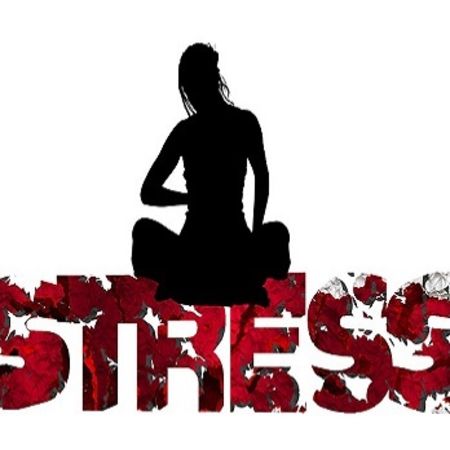According to research from Duke Health, patients recovering from heart attacks or other heart troubles could cut down their risk of another heart attack incident by half if they incorporate stress management into their treatment. The findings are published in Circulation.
The clinical trial included 151 outpatients between the ages of 36 to 84 years old with coronary heart disease who were enrolled in cardiac rehabilitation programmes due to heart blockages, chest pain, heart attacks or bypass surgery. Half of the patients participated in three months of traditional cardiac rehabilitation that comprised of exercise, a heart-healthy diet and cholesterol and blood pressure medicines. The other half cardiac rehab as well as weekly, 90-minute stress management groups that included support, cognitive behaviour therapy, muscle relaxation and other stress-reduction techniques.
All patients were followed up for an average of three years after rehab. Patient stress was measured on the basis of five standard instruments on which participants self-reported levels of depression, anger, anxiety and perceived stress.
Approximately 33 percent of patients who received only cardiac rehabilitation had another cardiovascular event such as a heart attack, bypass surgery, stroke, hospitalisation for chest pain or death from any cause. On the other hand, only 18 percent of the patients who participated in stress-management training during their cardiac rehabilitation. Both groups fared better than patients who did not rehab at all. 47 percent of teh group later died or had another cardiovascular event. They also similar physical improvements in cholesterol levels and proteins that indicate heart-disease related inflammation.
Overall, patients in stress management reported reductions in anxiety, distress and overall level of perceived stress.
Lead author James Blumenthal, PhD, a clinical psychologist and professor in psychiatry and behavioral sciences at Duke says that reducing stress should be part of any plan for improving heart health. He said, "Over the past 20 to 30 years, there has been an accumulation of evidence that stress is associated with worse health outcomes. If you ask patients what was responsible for their heart attacks, most patients will indicate that stress was a contributing factor.”
However, stress management is generally not part of most cardiac rehabilitation programmes. The reason might be because stress is hard to define and there is universally accepted way of measuring or treating it.
But data from this study shows that by reducing stress, clinical outcomes can be improved, even beyond the benefits that are associated with exercise and cardiovascular health.
Source: Duke Health
Image Credit: Wikimedia Commons



























